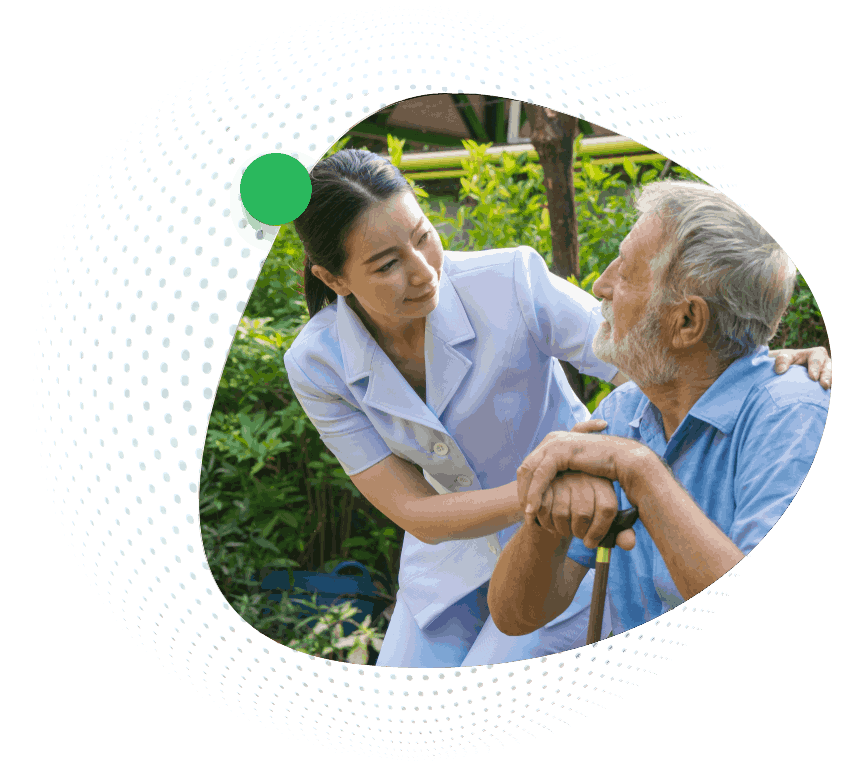Cerebrovascular accidents necessitate a multi-faceted approach to treatment and recovery. Beyond immediate interventions like thrombolytic therapy and mechanical thrombectomy, effective long-term management involves cerebrovascular accident medication regimens and comprehensive rehabilitation efforts.
Medication management:
Thrombolytics:
In the acute phase of an ischemic stroke, thrombolytic agents like tissue plasminogen activator (tPA) are administered to dissolve blood clots obstructing blood flow to the brain. It is imperative that this treatment is administered promptly, ideally within the first few hours of symptom onset, to maximize its effectiveness.
Antiplatelet drugs:
Antiplatelet medications, such as aspirin, clopidogrel, and dipyridamole, are commonly prescribed post-stroke to reduce the risk of recurrent strokes. These drugs inhibit platelet aggregation, lowering the likelihood of blood clot formation.
Anticoagulants:
Patients with atrial fibrillation or other conditions predisposing them to clot formation may be prescribed anticoagulants like warfarin or novel oral anticoagulants (NOACs). These drugs prevent blood clots from forming in the heart, thus reducing the risk of embolic strokes.
Blood pressure control:
Managing hypertension is crucial in stroke prevention and recovery. Medications like ACE inhibitors, beta-blockers, and diuretics are often used to lower blood pressure and protect the blood vessels in the brain.
Statins:
Statins are prescribed to control cholesterol levels and reduce the risk of atherosclerosis, which can lead to ischemic strokes. These medications help maintain optimal vascular health.
Rehabilitation:
Physical therapy:
Stroke survivors often experience physical impairments, including weakness, paralysis, and balance problems. Physical therapy is a cornerstone of stroke rehabilitation, helping patients regains mobility and strength through targeted exercises and activities.
Occupational therapy:
Occupational therapists assist stroke survivors in relearning everyday activities, such as dressing, bathing, and meal preparation. These interventions aim to enhance independence and quality of life.
Speech therapy:
Many stroke patients face difficulties with speech and swallowing. Speech therapists work on language and communication skills, as well as strategies for safe and efficient swallowing.
Cognitive rehabilitation:
Cognitive deficits can occur after a stroke, affecting memory, attention, and problem-solving abilities. Cognitive rehabilitation focuses on retraining and strengthening these cognitive functions.
Psychological support:
Emotional well-being is integral to stroke recovery. Psychologists and counselors provide support to individuals and their families, helping them cope with the psychological challenges that may arise.
